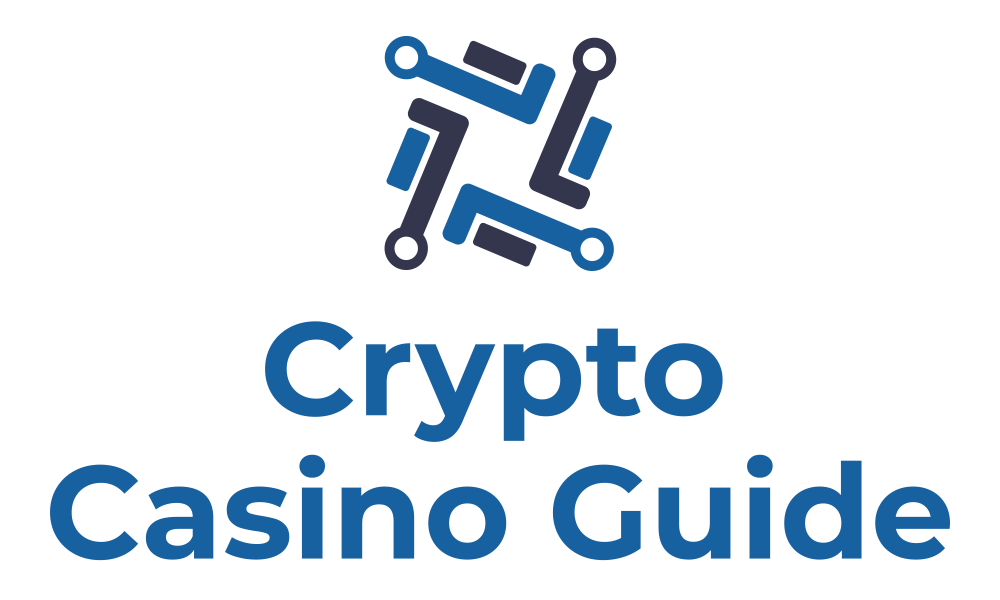Cryptocurrencies
A brief introduction
What is Cryptocurrency?
Without going into too much technical detail, cryptocurrency is a type of decentralized digital currency. It is supported on a distributed electronic ledger and not governed by any single monetary authority such as a central bank. As there is no central supervision or arbitration authority which could resolve disputes, the integrity of transactions on this distributed ledger is cryptographically secured by the so-called blockchain. A blockchain records and stores all state changes of account balances in transction blocks which are consecutively certified by each following block – i.e. they are cryptologically chained or interlinked to protect the transactions from falsification. Colloquially the term blockchain is often used to denote the entire distributed ledger system instead of the cryptological mechanism itself.
A brief Glossary on Blockchain and Cryptocurrency
- Address: Your account number on the blockchain and also referred to as “public key”. Typically a hexadecimal string (i.e. containing characters 0-9 and a-f). The address itself is anonymous an not inherently connected to personal data but in most cases its balances are transparent and visible to anyone. Your address is in general not a critical piece of data except for the purpose of preserving privacy. That means anyone with knowledge of your address and information identifying you as the address holder may inspect your balances and transactions but not access your account.
- Private key: Your proof of account ownership. This is critical and sensitive data which should be kept secret at any cost. Anyone with access to your private key has full access to your funds. Often private keys are encoded in the form of 12-24 keywords which can be used to derive the key. Importantly this information is as sensitive as the key itself and should be handled with equal care. But the private keys might not always be visible to you. In a hardware walltet the key is stored on a secure memory element, whereas in case of custodial wallets you trust the custodian to keep the key safe for you – with all benefits and downsides that might entail.
- Transaction fee: Most cryptocurrency transactions require substantial computational power to process. In order to initiate a transaction you need to pay certain fees to compensate the “miners” for their efforts to process your transaction. Often these fees are variable and greatly depend on the blockchain/cryptocurrency used and the current network capacity.
- Processing time: Cryptocurrency transactions are not instant and require confirmation by usually at least one block of the blockchain although some receivers will require more for security reasons. The processing time of the transaction equals the time necessary for the state change to be confirmed by said number of blocks. Again this varies with the blockchain in question, network capacity and the amount of fees paid (higher fees lead to faster confirmation).
